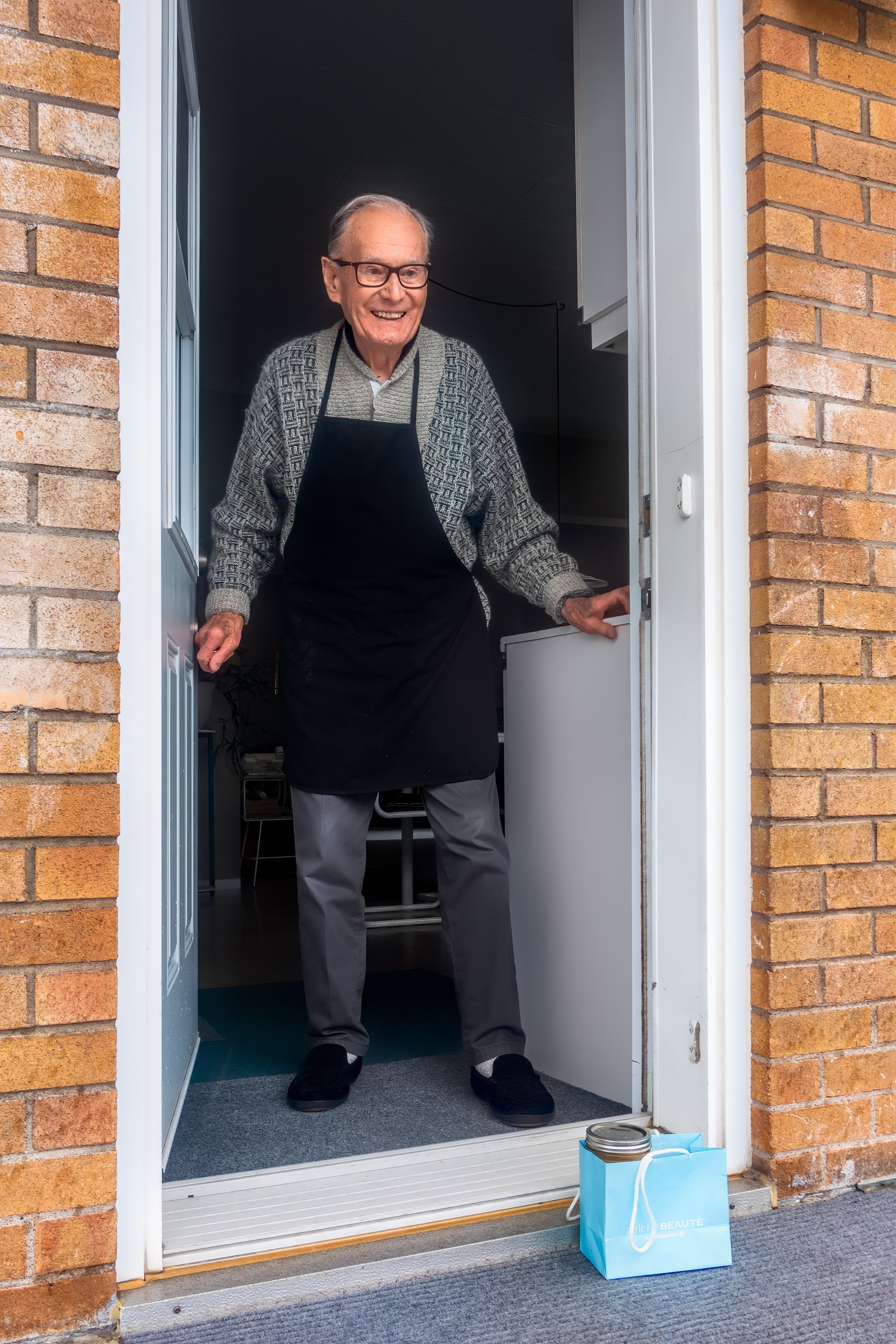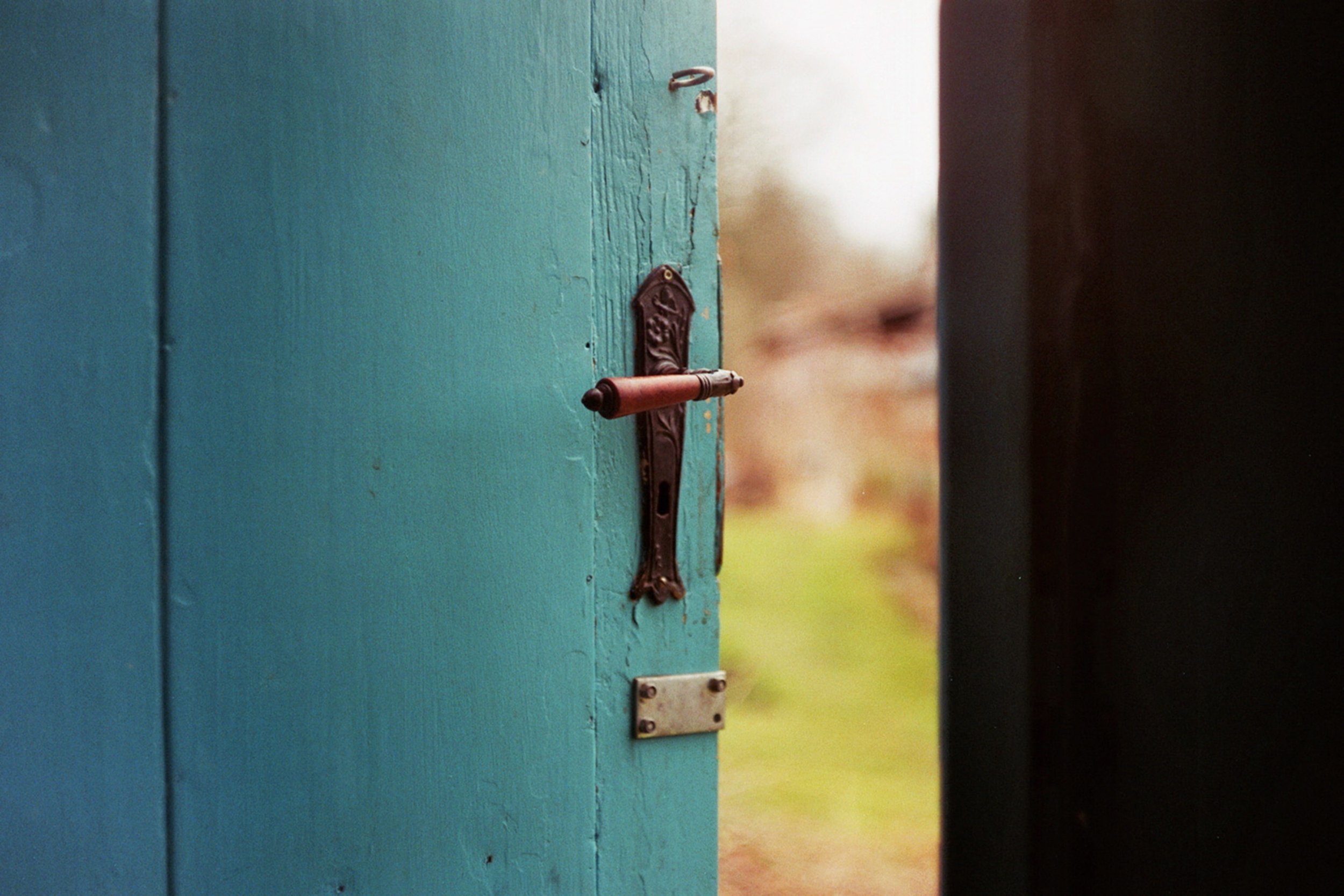THE BRAVELY BALANCED BLOG
For the overachiever and the overworked!
How exhausted are you? I know the feeling!
Does being exhausted serve you? What if I told you that you could have it all without subjecting yourself to hustle culture?
Sounds divine, doesn’t it? Follow along and feel the ease!
Category
- Analysis Paralysis
- Anger and Depression
- Anxiety Stress & Fear
- Balance
- Burning the candle
- Burnout
- Change
- Dealing with Urgency
- Doubt
- Drive
- Emotional awareness
- Empowerment and Living
- Epigenetics
- Expectation
- Faith
- Healing
- Hope
- Introversion
- Leadership
- Personal Boundaries
- Personal Strengths
- Resilience
- Self-reliance
- Shame
- Trauma
- Victim Mentality
- Vulnerability
- Worry
- avoiding conflict
- balance
- being alone
- conflict resolution
- connection
- decluttering
- duty and guilt
- emotional eating
- empathy
- energy
- feeling stuck
- happiness
- imposter syndrome
- intentions
- justice
- mindfulness
- overeating
- perfection
- perfectionism
- procrastination
- regret
- resolotions

The Art of Honest Expression: Making Your Truth Matters to Others
I come up with blog ideas usually months in advance – I hear, read, or experience something that interests me and feel it might also interest my audience, setting up the title and overall subject-matter. Then the week prior, I write it.
That’s the truth. It’s also the truth that what I write about happens to us all. So, if you read something in my blog and feel it might be about you, it both is and isn’t: it is, because you have probably experienced something like it and I may have seen you recently; it isn’t, because I really did plan this a long while ago.

The Simplicity Solution: Tackling Overwhelm and Embracing Change with Confidence
I listened with fascination last week to a friend who was faced with some unexpected issues that prevented her from doing what she’d planned. I watched her complicate matters to the point that she felt overwhelmed and unable to even begin anything at all. It got me wondering about how often I’ve done that myself, especially if I was already feeling a little pressured. And especially if it went counter to what I’d planned. It's always been my fondest fantasy that I embrace change. But if that’s so, then why does anything that disrupts my plans put me off so much? In this, I suspect I may be like many of you: that I like some change, that I like the idea of embracing change, but that I also want to accomplish what I’ve set out to do, and if some extra thing threatens that possibility, I begin to get overwhelmed.

Bold Beginnings: How to Approach and Triumph over What's Holding You Back
I remember a TV show I saw years ago where a young-ish medical student was considering giving up. She was pregnant and alone and just suffered a pregnancy-related stroke. I mean, under those circumstances, few would blame her for stepping away. Her mother listened to her pain, and talked about her own similar decision years earlier – whether to remain where she was as a nurse, or go back to school to be a doctor. The mother said she decided not to pursue a career change because she was too old; now she was in her 50’s and still wondering.

From Hurt to Healing: Exploring Paths Beyond the Urge for Revenge
I get it – the need to take revenge on someone who you feel hurt you, helping you feel at least a little bit empowered and less helpless. Feels so sweet when you do it. But not for long .In tragic tales and classic novels, often a good person is wronged and takes revenge. Later on, they discover that the person they took their revenge on wasn’t as deserving as they felt. They end up feeling remorse, and are unable to move on. The tale ends in tragedy – of the person they hurt and of themselves. Tales like Oedipus come to mind: king of Thebes, who unwittingly killed his father and married his mother. In this story, it was his mother who could not live with it when she discovered her son’s true identity, and ended her life.

Breaking Patterns: The Liberation in Opting for a Different Choice
I hear so often about the increase in anxiety that everyone is feeling, and especially young people. This generalized anxiety can result in not feeling safe. That can end up increasing our sensitivity to perceived slights, which in turn, generates conflict, division, and hard feelings.

The art of unlearning
When I was a teenager, a group of us would crowd around the dinner table of the Dutch mother of one of our friends for their traditional Friday evening meal. I remember that meal as being so much fun – choice prepared meats and cheeses, ripe sliced tomatoes and a selection of hardy breads. It’s a memory I cherish, filled with delicious food and a lot of laughter.

Taking the risk out of conflict
Most of us hate conflict and try to avoid it, some at all costs. There’s a problem with trying to avoid conflict: it will show up again, either with the same person or a different one; either in the same or a different scenario. If you have a beating heart, conflict is a part of living. I’m guessing that if you try to avoid conflict, it’s probably because it makes you feel anxious. The reasons vary, but for most of us, it’s about the expected results of conflict – being rejected, shamed, excluded, embarrassed, judged, treated unjustly, … - any number of negative expectations that none of us relish facing. If that’s what you fear, then it makes conflict risky. But it doesn’t have to be that way.

Healing from betrayal
I imagine most of us have experienced betrayal – when you’ve built trust in a person or a process, and then that trust was broken. It hurts for so many reasons, and destroys the faith you placed in this relationship or in the process. Once that happens, it takes a lot to heal that breech, and it may never heal, at least with those who broke it. It can happen in any situation you’re invested in. It happens when a friend breaks a confidence, or when a partner sees another secretly, or when a business colleague goes around you when that wasn’t part of what you agreed to. It can be a minor betrayal or so major it can cause a permanent rift. But the real damage is that trust is lost regardless. It takes a long time to rebuild trust after being betrayed .If you have lost trust through betrayal, there are some things you can do for yourself that will help you move on:

Last minute living
A while back, someone badly wanted me to make a major change to an event that was happening a week later: I declined. I can’t tell you how many times a person will bring up something controversial in the last 10 or 15 minutes of a meeting, creating stress and anxiety that was never necessary for others. I, myself, had a bad habit of jamming my day with to do’s that I was always rushing to complete, and feeling constantly out of time.

Someone cares
When I was a teenager, if I’d been rejected by a friend, I’d feel that no one in the world cared about me. Or, if someone did care about me, it would still feel as if no one cared, because the person I wanted to care about me didn’t.

What matters?
When you have to make a decision about something that is super important to you and your happiness – like whether to give your faltering relationship one more try, or move away from your family and friends for a number of years, or buy a house in Toronto during these very expensive times, or other decisions just as difficult – it’s really hard to decide on what to focus on to even get near making that major life-changing decision.

How to not give up
Last summer, I bought an old, run-down antique Italian chandelier. I really wanted it in my home and felt I could clean it up and get it looking good. Well, it’s taking way more time and effort than I expected: 3 thorough cleanings with Q-tips, vinegar, soap and elbow grease ( I went through 2 large boxes of Q-tips), a lengthy consultation with a gold leaf expert, innumerable videos, and now I’m at the point of trying my hand at gold-leafing an ornate and finicky fixture, having no prior experience.

Gossip
We all gossip. I think it’s something that’s part of who we are as social beings. According to Google, gossip is casual or unconstrained conversation or reports about other people, typically involving details that are not confirmed as being true.
Gossip can be beneficial, or it can be damaging. When its beneficial, it informs us about what is happening to our community and in our world; it keeps us up-to-date and helps in making decisions. In this way, gossip helps us stay connected. You know when you’re involved in beneficial gossip when it’s helpful, and you feel spurred on to get validation and possibly take action.

Compartmentalizing that works
Lately, life has been a challenge, largely due to an organization I’m currently involved in. This kind of thing happens to every one of us from time to time, and yet we still have obligations. We still need to find a way to get through our day well, and in my case, be 100% present for my clients and family.
This is where the ability to compartmentalize comes in. In Psychology 101 – way back in the ice ages for me – I learned that compartmentalization was a bad thing – that people used it to avoid addressing issues that needed to be addressed. While that’s as true now as it was then, there’s also a good, healthy side to this tool because it help can us do the opposite of avoiding tough issues, by deliberately setting them aside until we can focus on them undisturbed.

5 Why's
This week I thought I’d offer a useful coaching tool, when you’re feeling stuck and need to choose. It’s called the 5 why’s. It was given to the world in the early 20th century by Sakichi Toyoda, a Japanese inventor and industrialist. I find that it’s really useful in getting clarity about something I’m fogged up on. It’s a very simple method: ask why 5 times.

When is doubt a good thing?
One of the main issues that stop me and many of my clients is self-doubt. It makes us hesitate and freeze because we question ourselves. It depletes energy and motivation. It’s, frankly, a killer.
I spend a lot of my personal and professional time developing confidence and helping others develop confidence, which is the opposite of self-doubt. Confidence provides energy and motivation. It probably floods our bodies with dopamine. It’s feeds life.

Love Conquers
The topic of love conquering all sometimes, to me, sounds too cute, as if all I have to do is put aside the anger I feel towards injustice and ‘just feel love’.
I don’t know about you, but ‘just feeling love’ like that doesn’t work for me. It doesn’t even work for my husband, who’s way nicer than I am.

Changing expectations for success
I had to travel today to try and correct an error. It took all day, which meant that all my day job things were waiting for me when I got home. It was a very long day.
I didn’t end up getting that error corrected. I did end up with more work to do out of that experience that I’m not looking forward to, but will do because it needs doing. In the past, I would probably have experienced this day as beyond frustrating, because my expectations would most certainly have been geared entirely towards focusing on what I wanted to happen rather than on what I could make happen.

Letting go of my attachments
I'm with a dear friend who can’t let go of a desire she’s had for years. She's tried everything imaginable to make it real, and nothing she’s tried has worked. I’m not saying that if she tries one more thing, that thing might do the trick, but I’ve seen this too often before – in me!
When I want something to happen, it used to be that I could not let it go. It could be a work idea, a home idea, a relationship idea, anything that I became passionate about. It would fill my vision, my thoughts, my dreams. I really would try everything I could imagine, then imagine some more, until I’d either get want I wanted, or find a different passion. My friends could not talk me out of my current obsession – because that’s really what it was. It would literally consume me.

What's the matter with comparing?
I have a confession to make: I compare myself to others all the time. How I look. How I eat. How I am received. And so much more.
I read and hear that we shouldn’t. That we should be happy with who and how we are. Then, on top of feeling inadequate from all the comparing, we also feel guilty for doing something we “shouldn’t” do.
Comparing is a major problem among young girls, who view touched-up images on tictoc and decide they’re too fat, or aren’t good enough in some other sense. According to research, many hurt themselves in an attempt to attain the impossible image they see. Complete self-acceptance and self-love is so important for them to grasp, and so hard for them to do.


